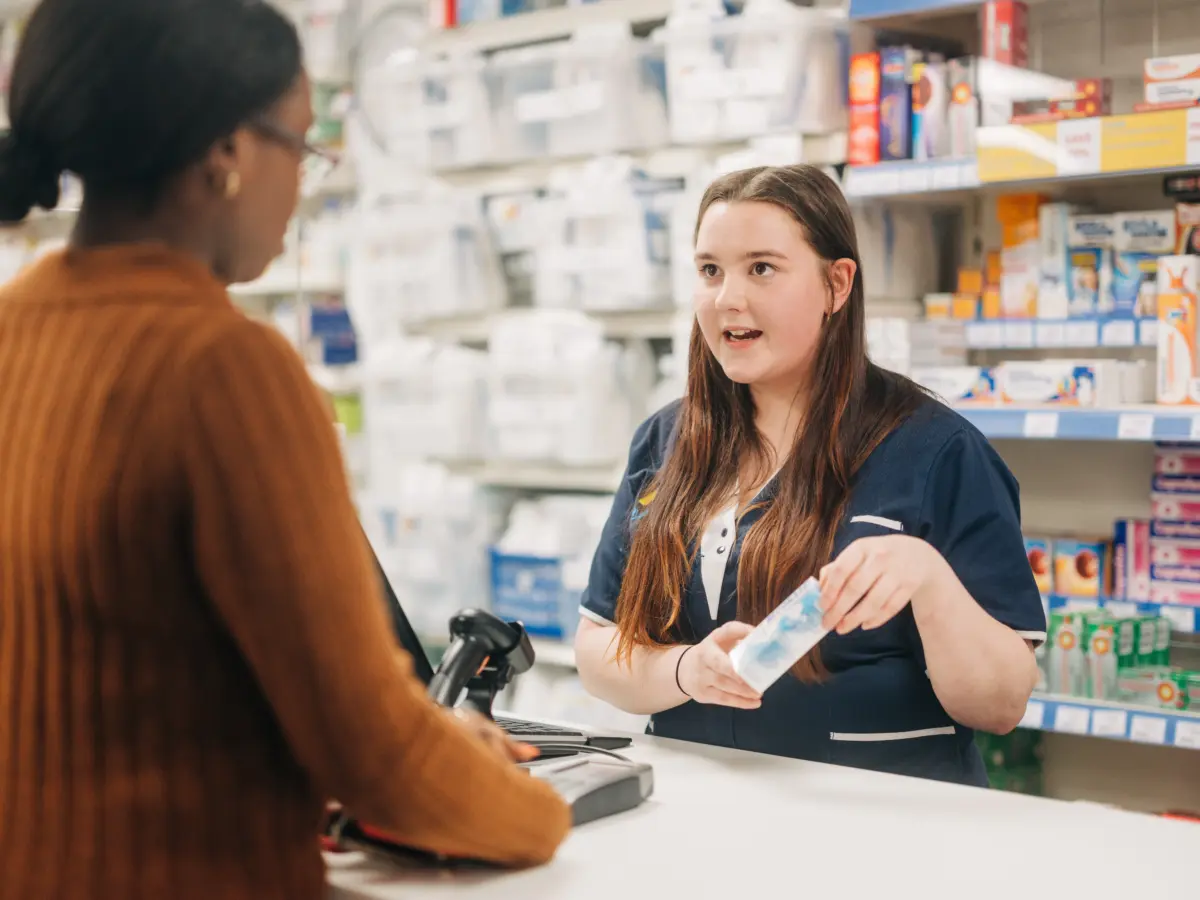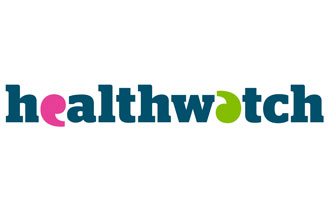Focus on antimicrobial stewardship: PQS
As a global and local priority, affecting individual patients through to consequences at a population level, antimicrobial resistance (AMR) and the importance of good antimicrobial stewardship (AMS) has long been a critically important matter for community pharmacists and their teams.
Over the last three years that has also been reflected in the content of the Pharmacy Quality Scheme (PQS), because of the importance of tackling AMR and because pharmacy teams are very well placed to have a positive influence on AMS and the public’s understanding and use of antimicrobials.
As the new Pharmacy First service is announced and just ahead of the start of World Antimicrobial Resistance Awareness Week (18th – 24th November), we reflect on the activities which pharmacy teams have undertaken as part of PQS and which provide a strong foundation from which that new service can be launched.
Earlier this year, NHS England published two papers on the findings from an assessment of the PQS AMS initiatives during 2020-22 and on the outcomes of the PQS treating your infection leaflets initiative in 2022-23. Key points from the two reports include:
Training
In 2020/2021, 10,488 (>90%) pharmacies declared that 54,399 registered pharmacy professionals (nearly all registered professionals working in those pharmacies) had completed NHS AMS e-learning and Infection Management e-learning.
Antibiotic Guardian pledges
The introduction of the Antibiotic Guardian pledge as part of the PQS in 2020/21 led to a vast increase in UK pledges from pharmacy teams in 2020 (28,369 pledges) which was sustained in 2021 (27,334 pledges).
Antibiotic checklist
In 2021/22, 9,950 (89%) community pharmacy teams throughout England engaged in AMS activity using the TARGET Antibiotic Checklist. They provided indication-specific education to patients and positively impacted the uptake of influenza vaccinations.
During the four-week data collection period:
- 8,374 pharmacies collectively submitted data from 213,105 TARGET Antibiotic Checklists;
- 69,861 patient information leaflets were provided to patients to support knowledge about their condition and treatment;
- 62,544 (30%) checklists were completed for patients with a respiratory tract infection (RTI), 43,093 (21%) for a urinary tract infection (UTI) and 30,764 (15%) for tooth/dental infections; and
- Prompted by discussions whilst using the Antibiotic Checklist, an additional 16,625 (8% of all Antibiotic Checklists) influenza vaccinations were provided by community pharmacies.
Treating Your Infection leaflets
In 2022/23, community pharmacy teams throughout England engaged in AMS activity using the TARGET Treating Your Infection urinary tract Infection leaflets for women under 65 years of age and the TARGET Treating Your Infection respiratory tract infection leaflets for all patients (no age restrictions).
The TARGET leaflets were designed to assist community pharmacy teams to differentiate between symptoms more likely to be associated with infections requiring antibiotic treatment and/or signposting to other healthcare settings and those that could be managed with self-care.
During the four-week data collection period:
Urinary tract infections
- Data was submitted by 8,363 community pharmacies, for 104,142 patients presenting with UTI symptoms;
- Around a third of patients were managed by community pharmacy team members without the need for escalation to a pharmacist and 78% (80,791) patients were managed within the pharmacy, by the pharmacist and pharmacy team without the need to escalate to another healthcare setting; and
- Most women (94%; 97,452) received self-care advice, of whom 37,565 (36%) were also provided with patient information leaflets.
Respiratory tract infections
- Data was submitted by 8,221 community pharmacies for 115,094 RTI leaflets;
- Most (88%; 101,846) patients were managed within the pharmacy, by the pharmacist and pharmacy team without the need to escalate to another healthcare setting; and
- The other 12% of patients (13,248) presented with symptoms suggesting that urgent medical advice was required.
The UK Health Security Agency has also just published their English Surveillance programme for antimicrobial utilisation and resistance (ESPAUR) 2022/23 report, which highlights the above work carried out by community pharmacies on the TARGET Treating Your Infection leaflets.
All the above activities are included again in the 2023/24 PQS so this continues to be an important focus for community pharmacy.







